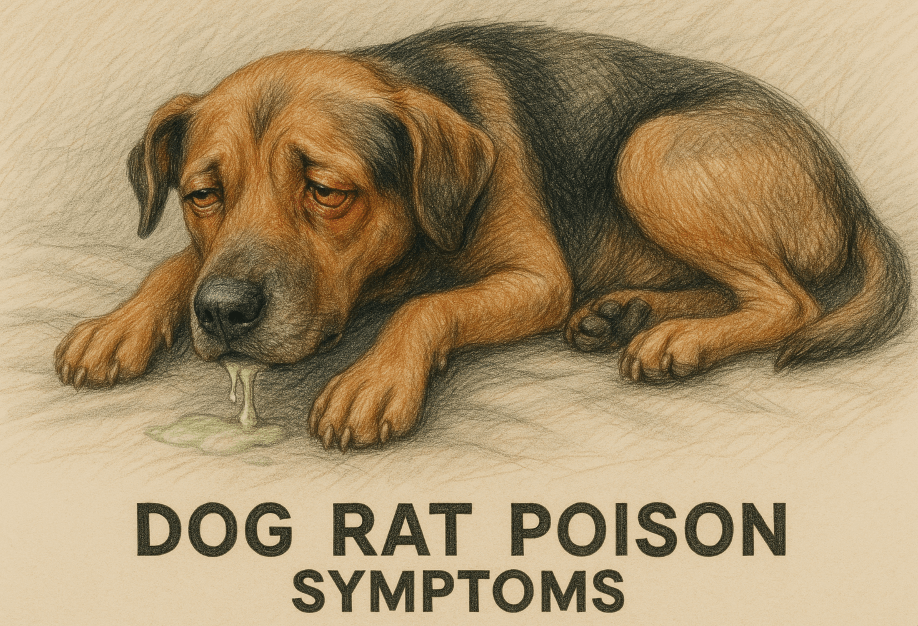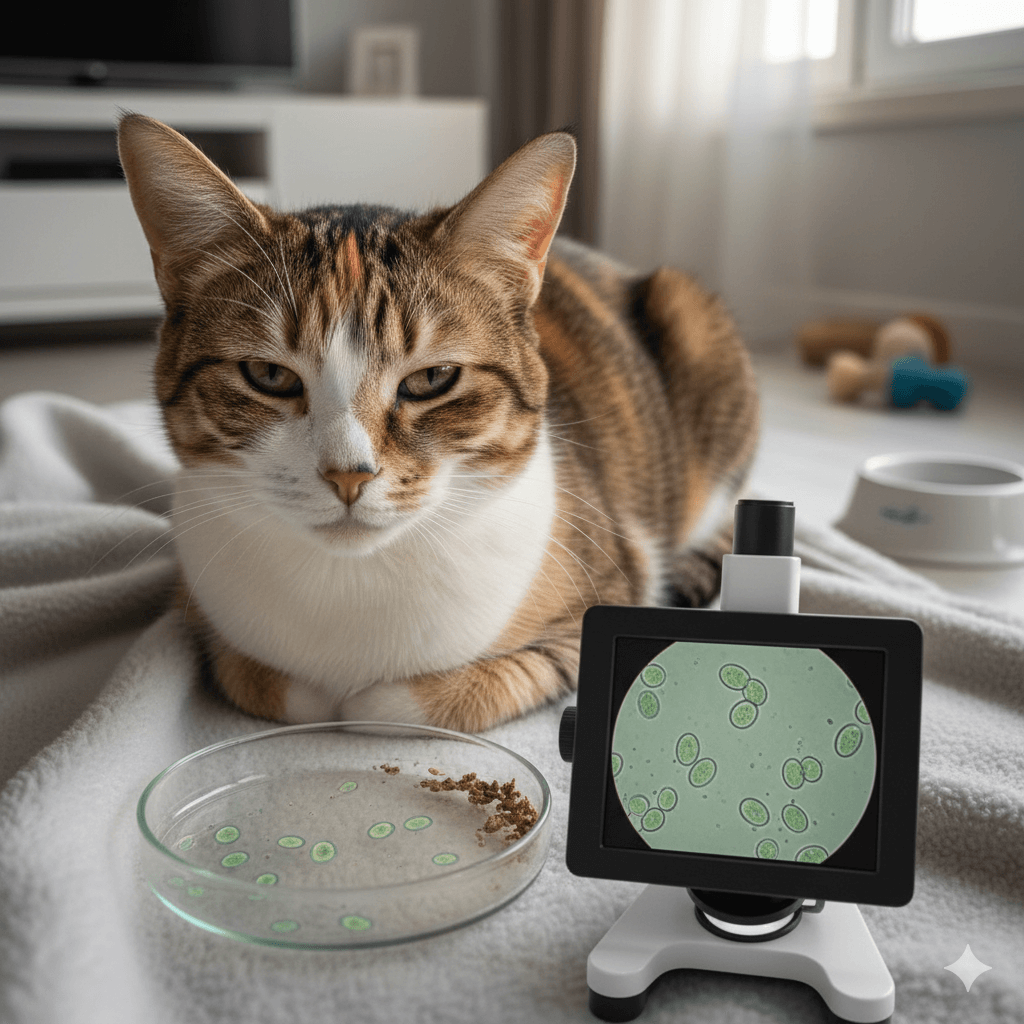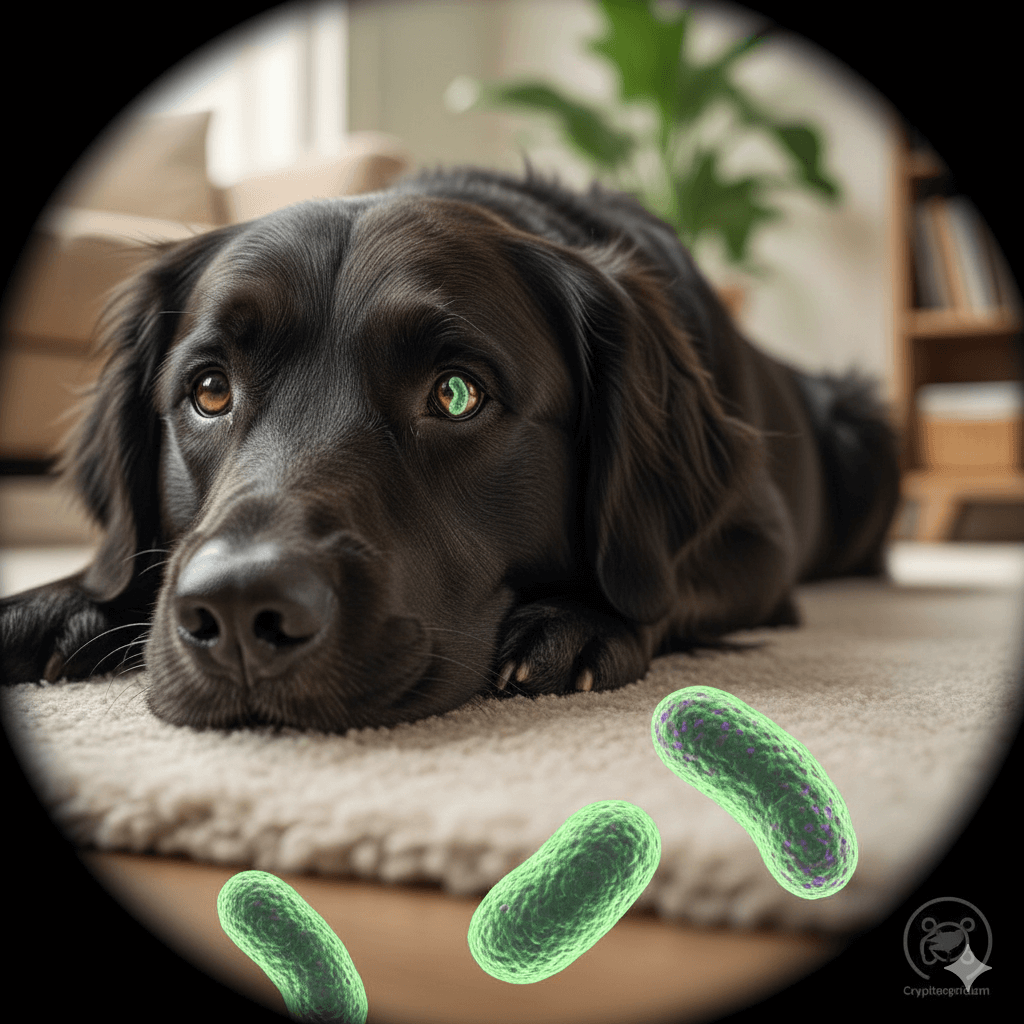Dog Rat Poison Symptoms: What Every Pet Owner Should Know
Rat poison is a common household hazard that poses a significant threat to our beloved dogs. While designed to eliminate rodents, these toxic substances can be just as dangerous—if not more so—for curious canines who accidentally ingest them. Recognizing the symptoms of rat poison poisoning early can mean the difference between life and death for your furry friend. In this blog post, we’ll explore the signs to watch for, how different types of rat poison affect dogs, and what steps you should take if your dog is exposed. By understanding these critical details, you can act quickly and effectively to protect your pet’s health.
Common Symptoms of Rat Poison Poisoning in Dogs
The symptoms of rat poison ingestion vary depending on the type of poison involved. However, some general warning signs indicate that your dog may have been exposed. Early detection is crucial for effective treatment.
Vomiting and Diarrhea:
These are among the earliest signs of poisoning and may contain blood, indicating internal bleeding caused by certain toxins.Lethargy and Weakness:
A poisoned dog may appear unusually tired or unsteady, struggling to move or even stand.Difficulty Breathing:
Labored breathing can occur due to internal bleeding or damage to the respiratory system.Bleeding from Gums or Nose:
Unexplained bleeding from mucous membranes is a red flag for anticoagulant-based rat poisons.Seizures or Tremors:
Some poisons cause neurological symptoms, including seizures, muscle tremors, or disorientation.
If you notice any combination of these symptoms, it’s essential to seek veterinary care immediately. Time is of the essence when dealing with rat poison exposure.
Types of Rat Poison and Their Effects on Dogs
Not all rat poisons work the same way, and understanding the type of toxin involved helps veterinarians provide targeted treatment. Here’s an overview of the most common types of rat poison and their effects.
Anticoagulant Rodenticides:
These prevent blood from clotting, leading to internal bleeding. Symptoms include bruising, pale gums, and lethargy.Bromethalin-Based Poisons:
Bromethalin attacks the nervous system, causing symptoms like paralysis, seizures, and loss of coordination.Cholecalciferol (Vitamin D3):
This poison causes calcium imbalances, leading to kidney failure, vomiting, and excessive thirst.Zinc Phosphide:
When ingested, zinc phosphide releases toxic gas in the stomach, resulting in severe abdominal pain, vomiting, and difficulty breathing.Strychnine:
Strychnine affects the nervous system, causing violent muscle contractions, stiffness, and seizures.
Each type requires specific treatment protocols, underscoring the importance of identifying the poison involved.
Check this guide 👉Grieving Dog Symptoms: Best 7 Expert Tips!
Check this guide 👉Rattlesnake Bite Dog Symptoms: Best 7 Health Tips!
Check this guide 👉Dog Abscess Symptoms: Best 7 Health Tips!

Signs to Watch For | Immediate Actions to Take |
|---|---|
Vomiting or diarrhea | Call your veterinarian immediately |
Bleeding from gums or nose | Do not induce vomiting without professional advice |
Lethargy or weakness | Keep your dog calm and avoid physical activity |
Seizures or tremors | Transport your dog to the vet securely |
Difficulty breathing | Provide fresh air and monitor closely |
What to Do If Your Dog Ingests Rat Poison
If you suspect your dog has consumed rat poison, quick action is vital. Follow these steps to minimize harm and ensure your pet receives proper care.
Stay Calm and Assess the Situation:
Try to determine what type of poison was ingested and estimate how much your dog may have eaten.Contact Your Veterinarian Immediately:
Provide as much information as possible about the poison and your dog’s symptoms.Do Not Induce Vomiting Without Guidance:
Certain poisons can cause further damage if vomited; always consult a professional first.Bring the Poison Packaging:
If available, bring the packaging or sample of the poison to help the vet identify the toxin.Follow Veterinary Instructions Carefully:
Treatment may include activated charcoal, vitamin K therapy, or other interventions based on the poison type.
Acting swiftly and responsibly can save your dog’s life in cases of accidental poisoning.
Preventing Rat Poison Exposure in Dogs
Prevention is always better than cure when it comes to protecting your dog from harmful substances. These tips can help keep your home and yard safe.
Store Poisons Safely:
Keep rat poison and other chemicals out of reach, ideally in locked cabinets or high shelves.Use Pet-Safe Alternatives:
Opt for humane traps or natural deterrents instead of chemical rodenticides.Supervise Outdoor Activities:
Monitor your dog closely during walks or playtime in areas where poison might be present.Educate Family Members:
Ensure everyone in your household understands the dangers of rat poison and how to store it safely.Inspect Your Property Regularly:
Check for signs of pest control products left by neighbors or exterminators and remove them promptly.
By taking proactive measures, you can significantly reduce the risk of accidental poisoning.
Steps to Identify Rat Poison in Your Home or Yard
Identifying potential sources of rat poison in your environment is key to preventing accidental exposure. Use these tips to conduct a thorough check.
Look for Bait Stations:
Small plastic boxes or containers placed near walls or corners often house rodenticides.Check Garage and Shed Areas:
These spaces are commonly used to store pest control products, making them high-risk zones.Inspect Under Furniture and Appliances:
Rodents—and consequently poisons—are often found in hidden, hard-to-reach spots.Watch for Loose Pellets or Powders:
Spilled bait may be scattered around infested areas, posing a direct hazard to pets.Ask Neighbors About Pest Control Measures:
Nearby properties using poisons can indirectly affect your dog during outdoor activities.
Being aware of these risks allows you to address them proactively and keep your dog safe.
Long-Term Care for Dogs Recovering from Rat Poisoning
After surviving rat poison ingestion, your dog may require ongoing care to support their recovery. Here’s what to expect during the healing process.
Regular Vet Check-Ups:
Frequent monitoring ensures there are no lingering complications, such as organ damage or chronic conditions.Dietary Adjustments:
A bland or specialized diet may be recommended to ease digestion and promote overall health.Medication Management:
Depending on the poison type, medications like vitamin K1 may need to continue for weeks or months.Limit Physical Activity:
Restrict strenuous exercise to prevent strain on recovering systems, especially if internal bleeding occurred.Emotional Support:
Recovery can be stressful for dogs; provide extra comfort and attention to reassure them.
With proper care and patience, most dogs recover fully and return to their normal routines.
Natural Alternatives to Rat Poison for Pet Owners
For households with pets, avoiding chemical rodenticides altogether is the safest option. Consider these natural alternatives to manage rodent problems effectively.
Humane Traps:
Live-capture traps allow you to relocate rodents without harming them—or your pets.Essential Oils as Repellents:
Peppermint, eucalyptus, and clove oils deter rodents naturally when applied around entry points.Steel Wool Barriers:
Stuff steel wool into cracks and crevices to block rodent access without chemicals.Ultrasonic Devices:
These emit high-frequency sounds that repel rodents while remaining inaudible to humans and pets.Encourage Natural Predators:
Installing owl boxes or attracting birds of prey can help control rodent populations naturally.
Switching to pet-safe methods ensures peace of mind for both you and your furry companions.
Frequently Asked Questions About Dog Rat Poison Symptoms
How long does it take for rat poison symptoms to appear?
Symptoms can appear within hours to days, depending on the type of poison and amount ingested.
Can my dog survive rat poison ingestion?
With prompt veterinary treatment, many dogs recover fully, but outcomes depend on the poison type and severity.
Is there an antidote for rat poison?
Antidotes exist for certain poisons, such as vitamin K1 for anticoagulants, but treatment varies by toxin.
What should I do if I don’t know what kind of poison my dog ate?
Contact your vet immediately and describe any visible packaging or symptoms to guide diagnosis.
Are there long-term effects after recovery?
Some poisons can cause lasting damage, particularly to organs like the kidneys or liver, requiring ongoing care.
Protecting Your Dog from Rat Poison Risks
Understanding the symptoms of rat poison poisoning empowers you to act quickly and decisively if your dog is exposed. From recognizing early warning signs to knowing which preventive measures to take, being informed can make all the difference in safeguarding your pet’s health. Remember, accidents happen, but preparedness and vigilance go a long way in ensuring your dog remains happy, healthy, and safe. If you ever suspect poisoning, don’t hesitate—reach out to your veterinarian immediately. Your swift response could save your dog’s life.
Understanding Cryptosporidium in Cats: Best 7 Expert Tips! – Spot symptoms, treat safely, and stop parasite spread in your home.
Understanding Cryptosporidium in Dogs: Best 7 Expert Tips! – Learn symptoms, treatment & prevention for this stubborn gut parasite.
Understanding Syringomyelia in Cats: Best 7 Expert Tips! – Recognize signs, manage pain, and support your cat’s neurological health with vet-backed guidance.
Understanding Syringomyelia in Dogs: Best 7 Expert Tips! – Expert insights on symptoms, MRI diagnosis, pain management & quality of life.




